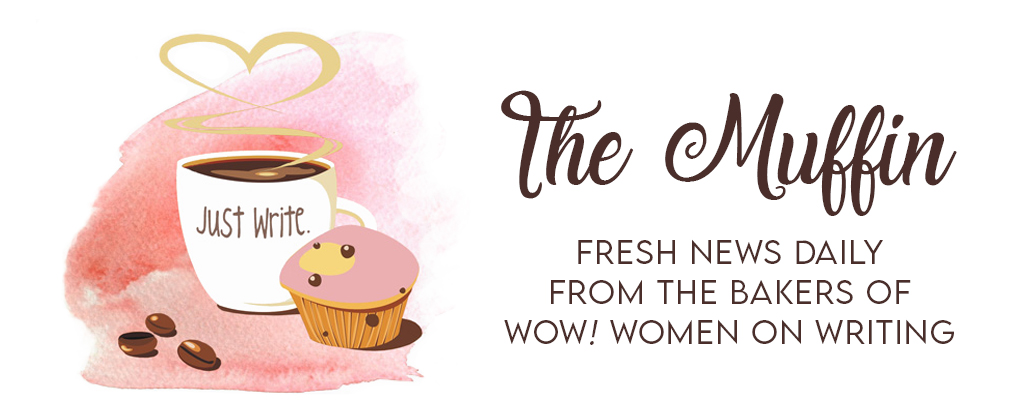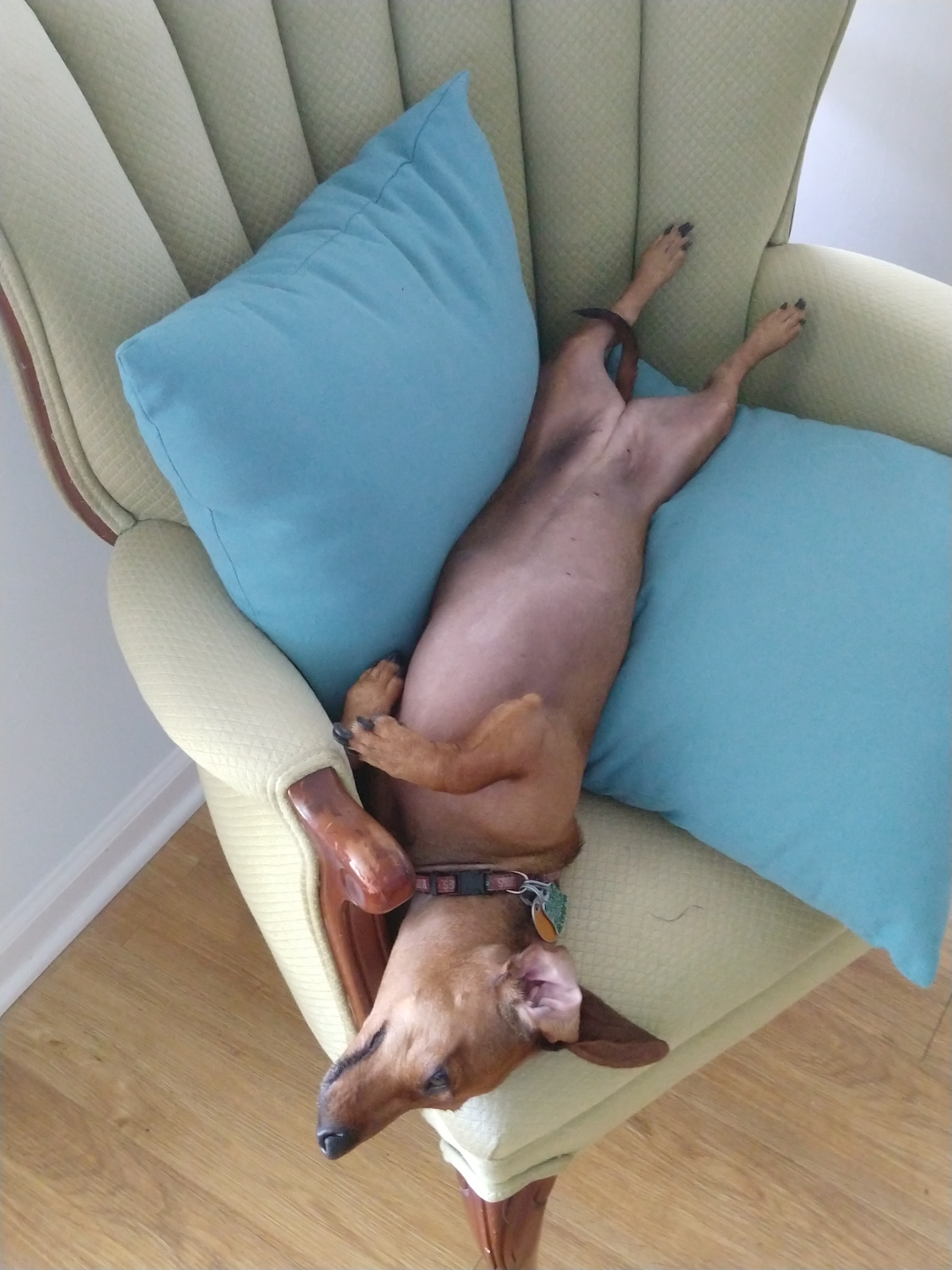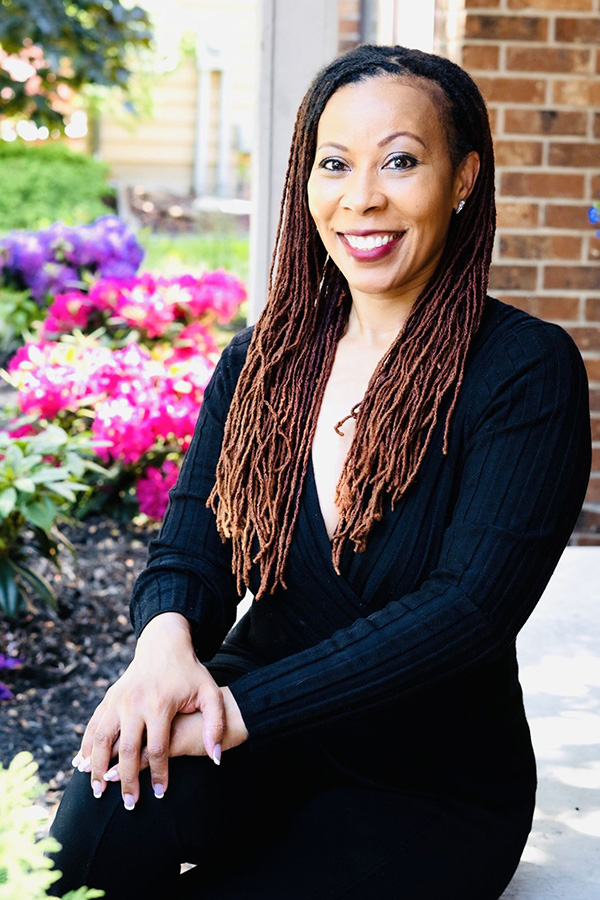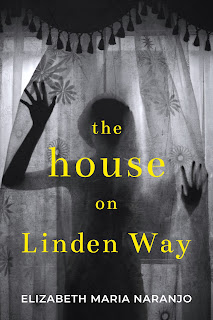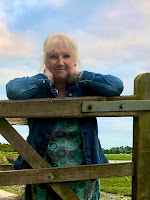interview by Marcia Peterson
Betsy: Thank you! It's such an honor to win first place! I was inspired to write the essay due to an assignment I had in a writing class, which was to write a piece about something or someone who haunted me. I immediately thought of the woman in the restaurant in Moscow, even though it's been ten years since I saw her there. The other part of the assignment was to give the story a sense of place. Again, I thought about walking around bustling Moscow with terrible jet lag and huge anxiety about the adoption.
WOW: How did your essay develop, both in your initial thinking about it and in the revision process?
Betsy: In my initial thinking, I was writing about a prostitute in a restaurant and the scene I witnessed - how I was helpless to assist her and how angry I was at the men surrounding her. The comment the pediatrician made, about how 90% of unadopted orphans become sex workers, has always stuck with me and occurred to me as I wrote. It's such a tragedy and again, I feel helpless and angry in the face of this overwhelming circumstance. As I got into the writing, I connected my disgust with the Russian men/patriarchy to my disgust and anger with the doctor who assaulted me. It was in the revision process that the piece became somewhat of a battle cry for women. I wanted to take the frank stare the prostitute gave me and my own experience - the anger, impotence, and violation - and show how it's made me stronger. Once I did that, I brought in the "we," as in all of us women who suffer the insults of the patriarchy daily, yet continue to push on, to make our way in life and ultimately, make our spirits indestructible.
WOW: Thank you for sharing how your revision process led to the powerful essay that you ended up with. I also appreciate the last sentence of your answer! You’re also currently working on a memoir. Can you tell us anything about it, and what your novel writing journey has been like so far?
Betsy: I've been working on my memoir for nine years and am in the stage of querying, which is exhausting. The book is about losing my mother early in life, how that loss made me very ambivalent about having kids myself, and how I finally overcame that ambivalence to adopt my kids when I was 47, which was the age my mother never saw because she died at 46. There is a failed adoption, a courtroom drama, and of course, the assault by the doctor which actually showed me that these were the kids I'd do anything to save, that I was meant to be their mom.
When I began writing, I wrote only short pieces about my experience. Once I had over 200 pages, I realized that this was bigger and could be a book. So I started over by writing the "in between" of each of the short pieces, as well as the chronological chain of events. My first draft was a behemoth - 463 pages! I worked with a writing coach to revise and edit, edit, edit to get it down to 250 pages. Deciding what needs to stay and what needs to go is so difficult, but ultimately, the questions, "What does the reader need to know?" and "What do I want the reader to feel?" are what guided me.
WOW: Switching gears, you mention having recipe collection that spans four generations. What are a few of your favorites?
Betsy: I do! My undergraduate degree is in Food Science and I've always loved to bake, which is a huge tradition in my Scandinavian family. I have recipes that my great-grandmother brought over with her from Norway and she was the one who first taught me, when I was 8 years-old, to make pie crust from scratch. Her recipe for apple pie is my absolute favorite. My grandmother's banana bread recipe is a close second. At Christmas, I make Spritz cookies using a recipe and cookie press that belonged to my mom - I still keep it in the old shoe box she stored it in which is from the early 70's and reminds me of her.
WOW: It all sounds delicious! Thanks so much for chatting with us today, Betsy. Before you go, can you share a favorite tip or piece of advice related to creative nonfiction writing?
Betsy: I feel so unprepared to give writing advice, mostly because I don't have an MFA or any formal education in CNF. That said, I've been taking classes continuously through venues like StoryStudio in Chicago, WOW-Women On Writing, Writer's Digest, and Creative Non-Fiction magazine, along with working with Nadine Kinney-Johnstone, my writing coach. It took a lot of nerve for me to walk into my first class, not knowing anything except that I loved reading and I wanted to write. I think writing memoir, in particular, is a brave act, so my advice is to be brave. Tell YOUR truth, whatever it is, and don't be afraid to be vulnerable in your writing. Just like in life, when you are vulnerable, it connects you to others, so when people read and recognize your vulnerability, they recognize themselves in your writing.
Thank you again!
For more information about our quarterly Flash Fiction and Creative Nonfiction Essay contests, visit our contest page here.
